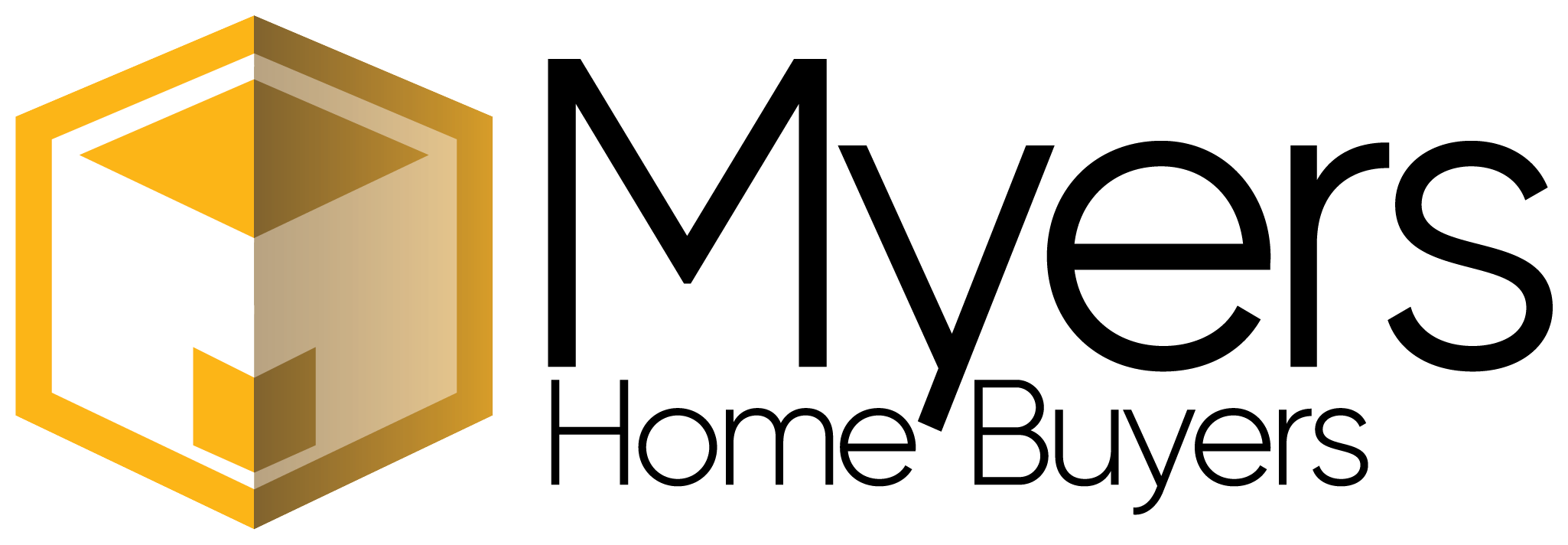So, it’s time to retire and downsize. What a medley of emotions. When you first purchased your home all those years ago, it was the blank canvas on which you’d paint your masterpiece. The stage on which the drama of your life with all of its ups and downs would play out. As time went on, those tiles you so painstakingly selected would become the hallowed ground on which tiny feet took their first precarious steps. But now those same feet, much bigger now, have set out on their own to blaze a new path. The nest, now empty, seems as primed as you for a new chapter.
Here we’ll explore those options and the pros and cons of each. Which option is best for you will depend on your individual circumstances. If your home is in tip-top shape; is well-appointed with updated appliances and fixtures; and time is not a consideration, the first two options are probably a good bet. If not, skip ahead to the third option below.
Option 1: Traditional Home Sale
This option is what most people think of when they need to sell their house. You interview real estate agents, agree on a listing price and list the home for sale in the multiple listing service (MLS). The listing agent, as well as the agent representing the buyer, are paid a commission by the seller, which is typically around 6% of the sales price of the home. On a $250K home sale, for example, 6% commission would amount to $15K. In exchange, your listing agent represents you in negotiations with potential buyers and is tasked with getting you the most possible for your home.
If your home shows well and you choose great Realtor, a traditional home sale can get you the highest sales price possible. The process can take months to complete, though, and the house must be kept in showing condition for showings. And once you’ve agreed to a sales price with a potential buyer, a string of additional events is triggered, any one of which could spoil the deal. First, a home inspection is done to uncover any issues with the house. After the inspection, the buyer often requests that any issues uncovered be resolved at the seller’s expense, and often buyers attempt to renegotiate for a lower sales price based on the inspection report.
Next, since nearly all traditional real estate sales are financed, there will most likely be a lender involved. Final loan approval from the lender typically takes about 30 days from the time that the house goes under contract. If the buyer’s loan is not approved, the contract can be cancelled, and the seller is back to square one with trying to find another buyer.
In the end, a traditional home sale might make sense for you if your home shows well, but will take longer than the other two options. It will also come at a hefty price, leaving you tens of thousands less for your retirement years.
Option 2: Selling Your Home to an “iBuyer”
The internet has changed virtually every aspect of life, and real estate is no exception. The term “iBuyer” has emerged in real estate in recent years. So, what exactly is an “iBuyer?” Essentially, iBuyers are real estate investors who use what’s called an automated valuation model (AVM) to identify properties listed for sale and make instant offers. You submit your home’s information to the iBuyer, and if your home meets their set criteria they’ll make an “instant” offer (usually within 48 hours) without even physically seeing your house.
The idea of an instant offer sounds appealing. But beware the fine print. While Realtors will charge a commission to sell your house (typically 6%), iBuyers charge fees, which are typically 7-12%. To use the example from Option 1, if the agreed upon sales price is $250K, fees will range from $17.5-13K. And keep in mind, too, that an iBuyer’s goal is walk away with a net profit with the title to the house and the fees they charge you. Also, iBuyers will often renegotiate the sales price and subtract money for repairs after they actually see the home.
So, while iBuyers offer the potential for a hassle-free process where homeowners can sell their home quickly without the inconvenience of multiple showings, the option is not without its dangers. If a quick, hassle-free process is what you’re looking for, cash home buyers are worth considering.
Option 3: Cash Home Buyers
If your home needs lots of work or upgrades to appeal to buyers; if you don’t want to part with potentially tens of thousands of dollars in commissions; and if you want to sell your house fast and avoid the hassles typically associated with selling a house, read on because this is likely the option for you.
Cash home buyers buy houses for cash in any condition. While cash home buyers are not all the same, here we’ll address how to sell your house fast for cash with Myers Home Buyers.
When you call Myers Home Buyers or submit a form on our website, your Myers representative will schedule a time to come see your house. You can consider this appointment a free consultation and a great place to start regardless which option you ultimately choose for selling your house.
When your Myers representative meets with you, they’ll estimate what your home’s value is in its current condition, and also what it could sell for in the current market if any needed repairs or upgrades were made – as well as the estimated costs for making these improvements. Following your appointment you’ll have all of the information needed to make an informed choice about whether selling your home for cash is a smart choice. If you decide to move forward with a cash sale, simply pick a closing date that works for you, and Myers will do the rest. With our extensive network of verified investors, we’re able to get multiple competing cash offers, which means we’re able to get you top dollar for your as-is home.
Summary
Option 1: Traditional Home Sale
PROS:
- Sales Price: Can net you the highest possible sales price
CONS:
- Expensive Commissions: Typically 6% of the home’s value
- Closing Costs: Seller must pay fees associated with title transfer, etc.
- Inconvenient: Usually takes months; multiple showings; drawn out and stressful process
- Expensive Repairs/Upgrades: Costly improvements are often required to make the home competitive in the market
Option 2: Selling Your Home to an “iBuyer”
PROS:
- Convenient: No agents or showings to deal with
- Quick: Won’t take months to sell
CONS
- Expensive Fees: High fees from 7-12% of the home’s value are common
- Lack of Transparency: Initial offer is often re-negotiated
- Inconvenient: Usually takes months; multiple showings; drawn out and stressful process
Option 3: Cash Home Buyers
PROS:
- Convenient: No agents or showings to deal with
- Quick: Close in days not months
- Savings: No expensive Realtor commissions or closing costs
- Transparent Process: *Just pick your closing date, pick your offer and move on
CONS
- Sales Price: If sales price is your only concern, you’ll probably get a higher sales price by listing your home through a Realtor. But remember, commissions, closing costs, and repair/upgrade expenses must be subtracted from the sales price in order to make a true apples-to-apples comparison. If you want the convenience of selling fast for cash, AND the peace of mind of knowing you’re getting the best possible price for your home in “as-is” condition, Myers might be the perfect option for you
Conclusion
Myers Home Buyers is here to help, regardless of how you decide to sell your home. There’s lots to consider when selling a home to prepare for retirement. A Myers representative is available today to listen to your goals and provide a free, no-obligation consultation on how you can get the most for your unwanted home.


